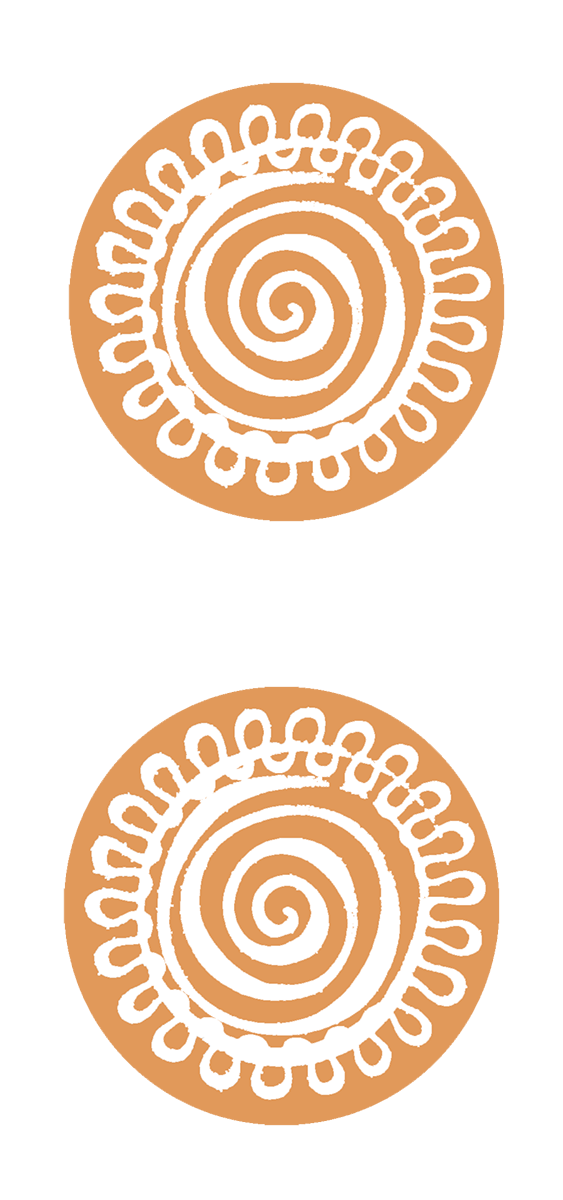
Sorge

“Heidegger’s great achievement in Being and Time is to have demonstrated that care is prior to reason — that homo cura is more fundamental than the animale rationale.”
S. Crowell, Subjectivity: Locating the First-Person in Being and Time
The Myth of Cura
“Once when “Care” was crossing a river, she saw some clay; she thoughtfully took a piece and began to shape it. While she was thinking about what she had made, Jupiter came by. “Care” asked him to give it spirit, and this he gladly granted. But when she wanted her name to be bestowed upon it, Jupiter forbade this and demanded that it be given his name instead. While “Care” and Jupiter were arguing, Earth arose, and desired that her name be conferred upon the creature, since she had offered it part of her body. They asked Saturn to be the judge. And Saturn gave them the following decision, which seemed to be just: “Since you, Jupiter, have given its spirit, you should receive that spirit at death; and since you, Earth, have given its body, you shall receive its body. But since “Care” first shaped this creature, she shall possess it as long as it lives. And because there is a dispute among you as to its name, let it be called “homo,” for it is made out of humus (earth).”
Martin Heidegger, Being and Time (242/197-98)
See also: Caring for Myth: Heidegger, Plato, and the Myth of Cura by Drew A. Hyland
Care
In essence, care (sorge) is the structure of the being of Dasein as being-in-the-world. Heidegger uses three cognate words in the description of care:
Sorge - properly the anxiety arising out of apprehensions for the future, referring as much to the inner state as well as an external cause.
Besorgen - to get or provide something for oneself or someone.
Fursorge - actively caring for someone who needs help; thus welfare (as in organized by charitable bodies or the state); or solicitude.
Composition of Care
Facticity
Thrownness
Existence
Projection
Fallenness
“Death does not concern us, because as long as we exist, death is not here. And when it does come, we no longer exist.”

